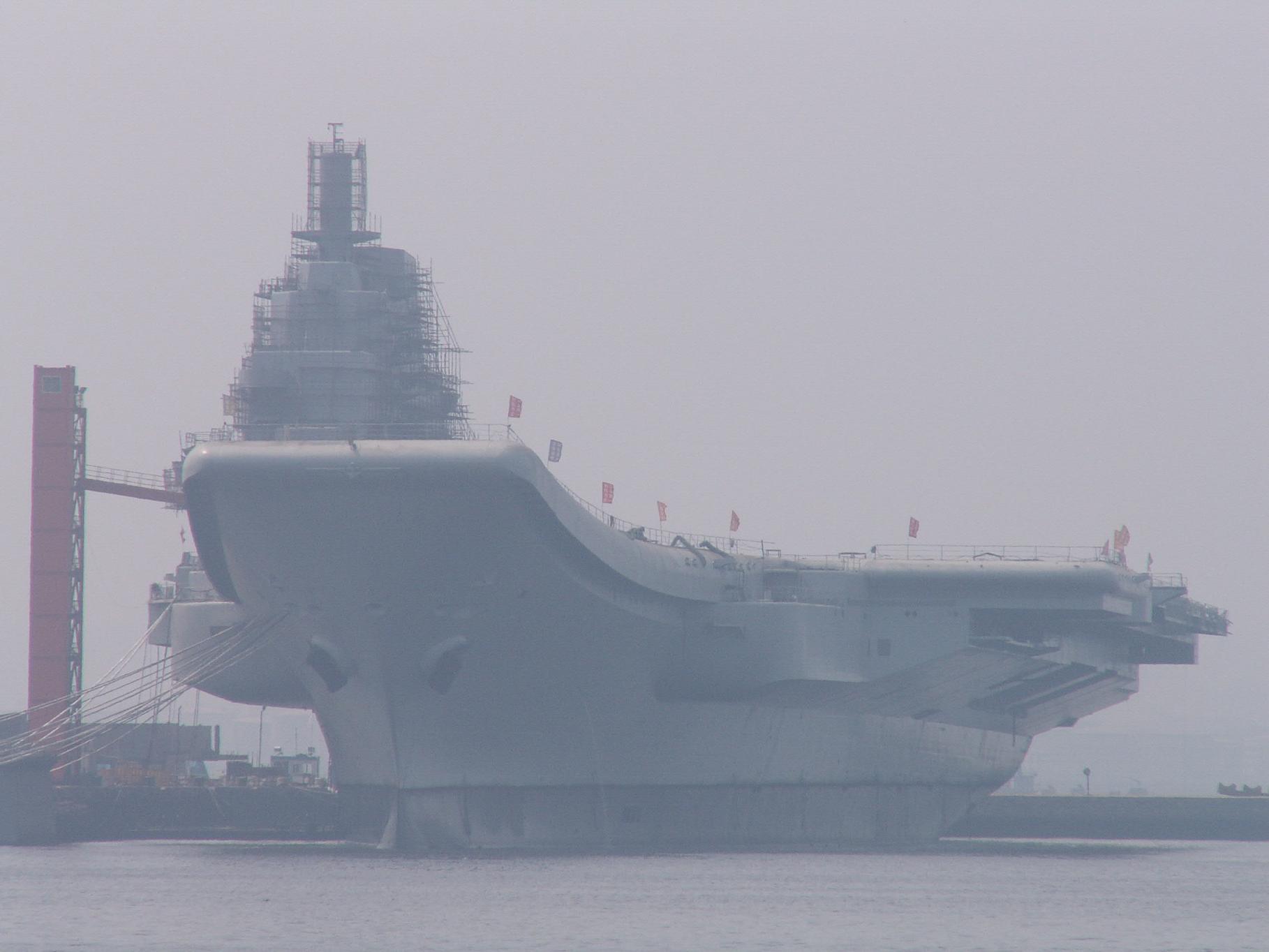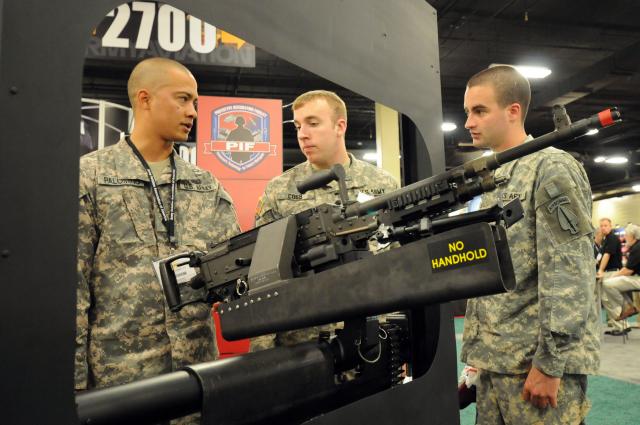After nearly nine years of refurbishing work, the ex-Russian aircraft carrier Shilang will soon be carrying out her sea trials for the Chinese Navy. Originally built in a Ukrainian shipyard as a member of the Project 1143.5 class named Varyag, the carrier was purchased as a derelict hulk in 1998 for about $20 million. The carrier is now named in honor of the Qing Dynasty admiral who conquered what is now known as Taiwan in 1681. There probably is a message in that.
The entry to service of the Shilang will mark a major change in the operational profile of the Chinese People’s Liberation Forces Navy. This profile will take some time to mature, because Chinese pilots have no experience taking off from and landing aircraft on carriers and will require several years of at-sea experience before they become fully capable of routine operations. However, one carrier does not make for a convincing capability, so it is unlikely the Shilang will be the last of her kind.
This is where a mystery creeps in. The designation for the reconstruction work on the Shilang is Project 089. In 2008, the Chinese purchased four sets of arrester equipment as used on the Project 1143.5 carriers Varyag and Kuznetsov. One set was installed on the Shilang, the second on the Wuhan “carrier in the cornfield” test facility. The third and fourth sets appear to have been assigned to two additional Project 089 ships, on which first metal has already been cut.
The problem is that a second designation for a Chinese carrier program, Project 085, has appeared and is associated with the reconstruction of the Varyag. The most likely rationale for the designation is that the Chinese see the ski-jump-equipped Project 089 class ships as being an interim solution aimed as much at gaining experience in the construction of aircraft carriers and developing expertise in their operations as providing a full organic aircraft capability. A catapult-equipped version of the design may well be seen as the preferred operational solution.
The original Project 1143.5 design was actually intended to have catapults, but the Russian catapult development effort was a failure, and the switch to a ski-jump was a last-minute accommodation of this abortive development. So, provided the Chinese can succeed where the Russians failed and develop an effective catapult, there should be no great problem in modifying the Project 1143.5 design back to catapult configuration. This could well be Project 085.











